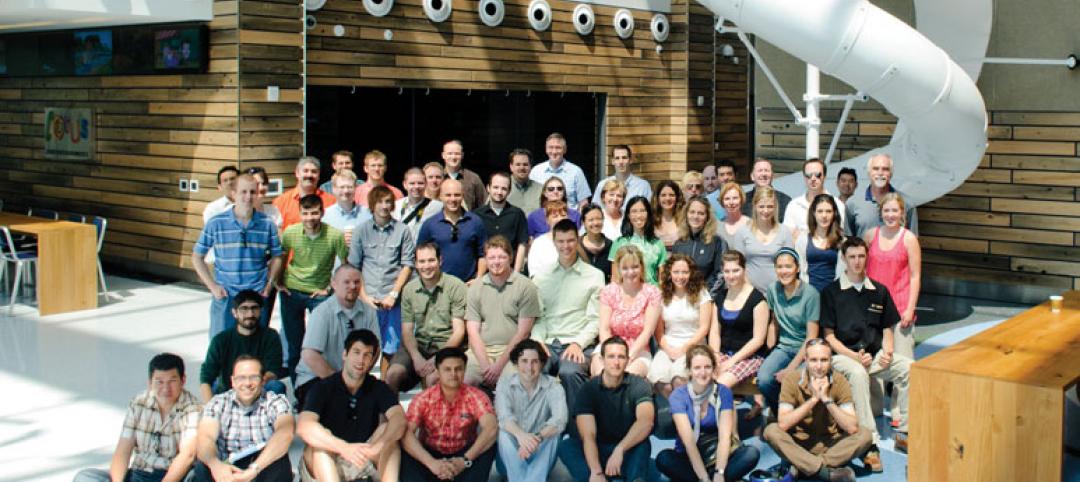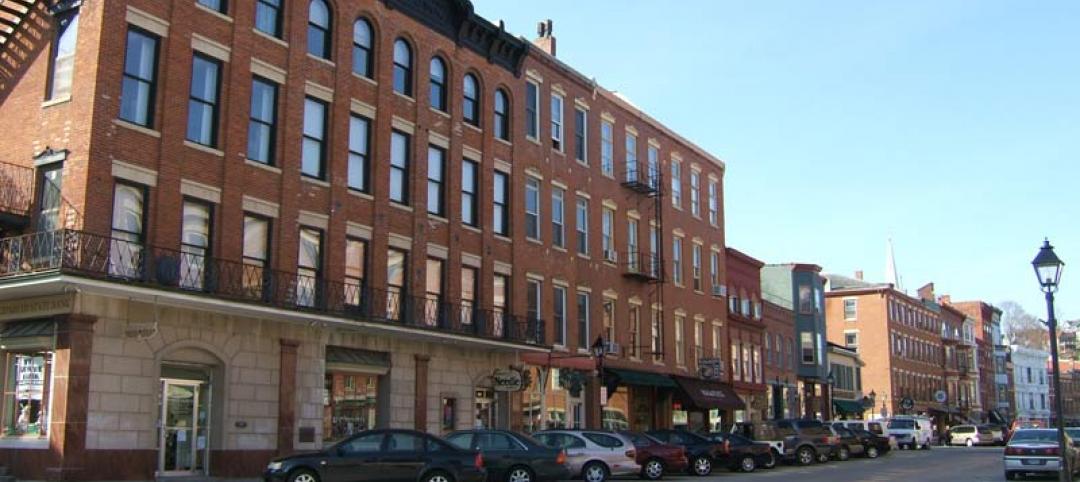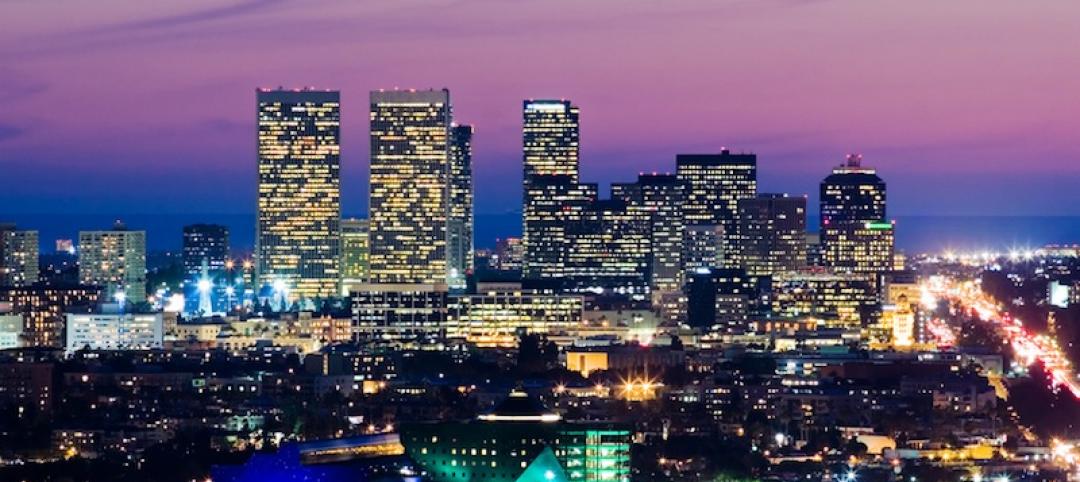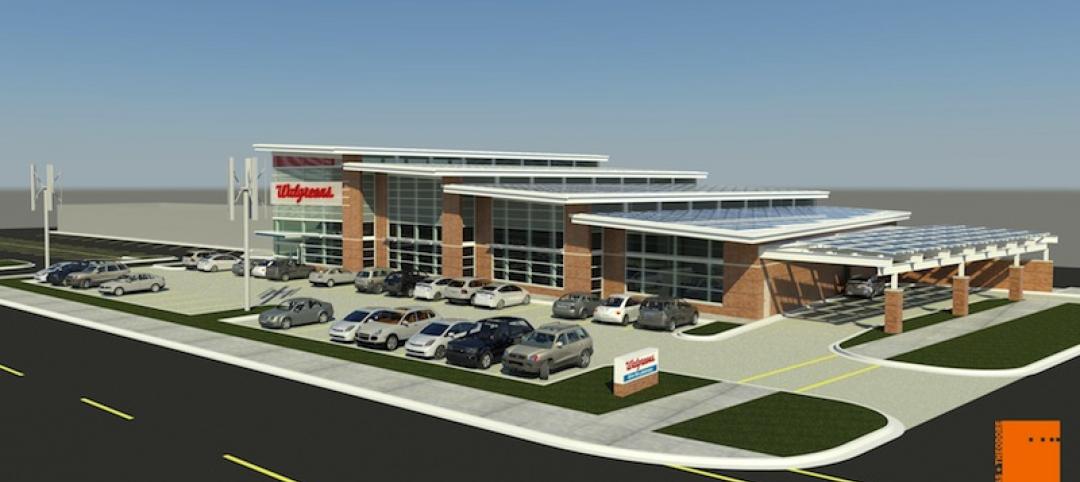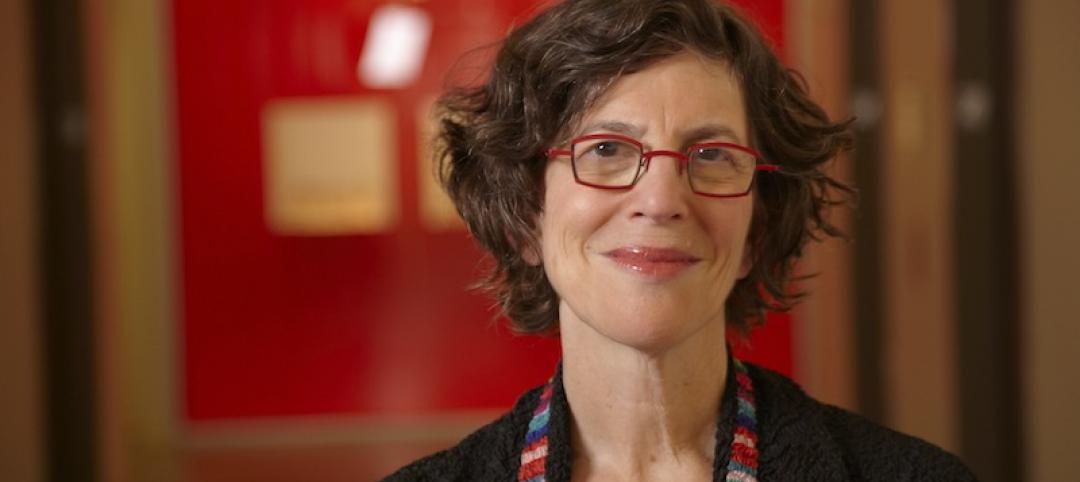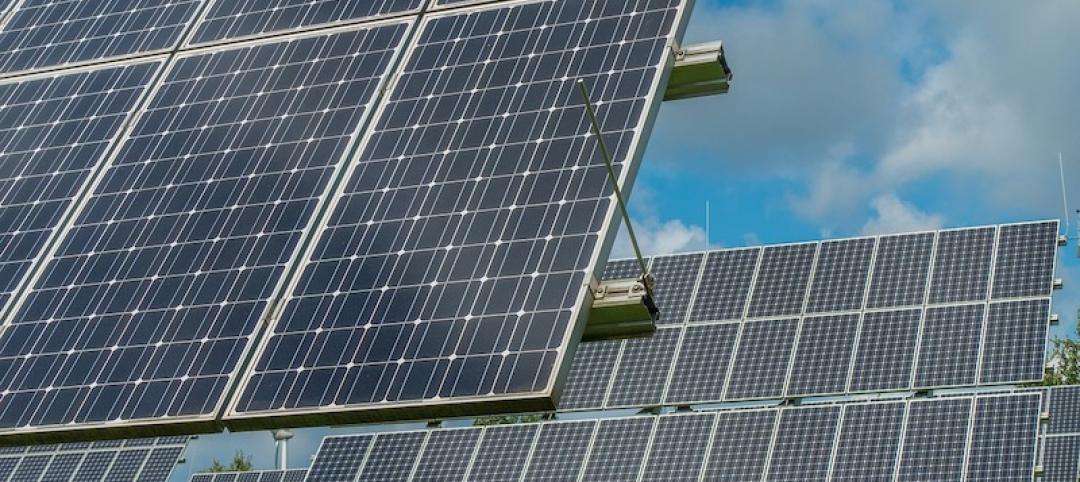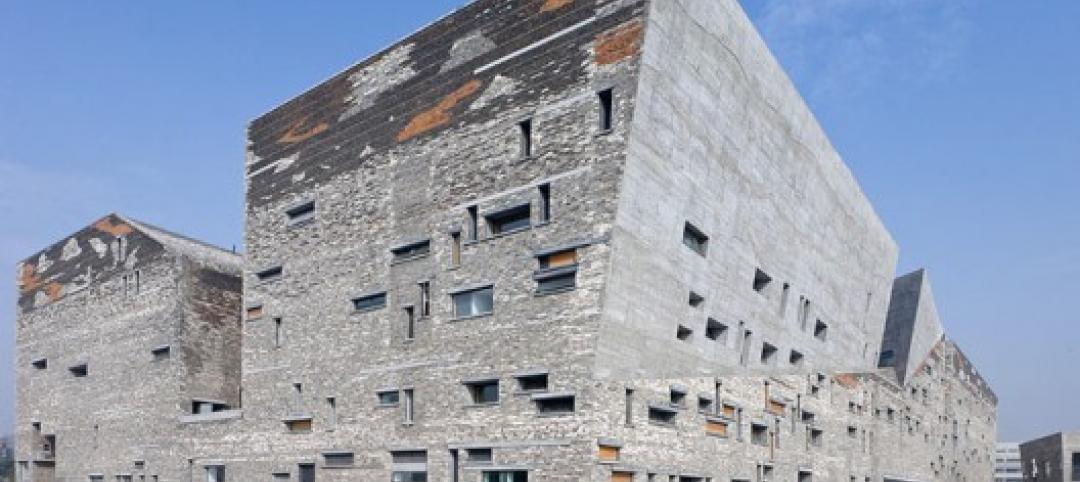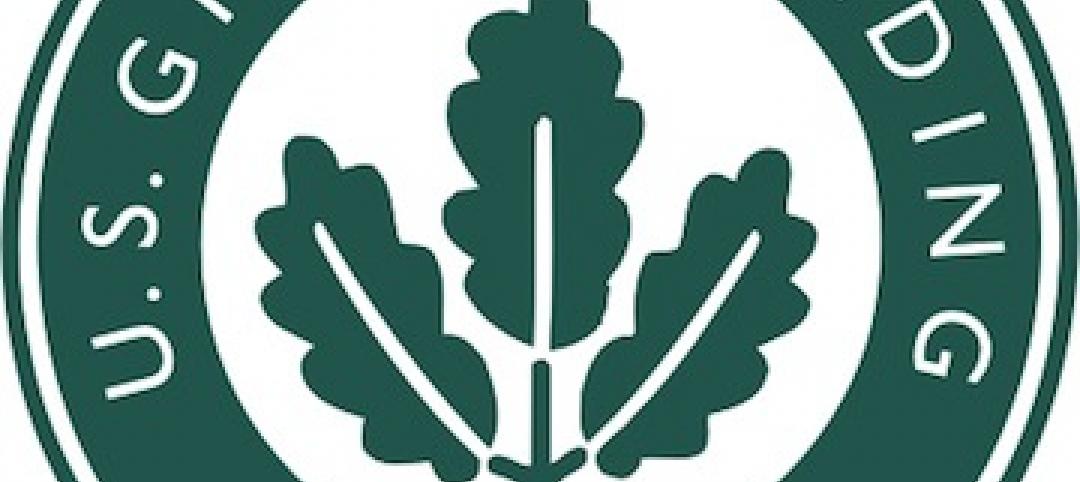The National Association of Landscape Professionals(NALP) announces its official list of the top landscape trends of 2018. As the voice of the multibillion-dollar lawn and landscape industry, NALP annually forecasts trends that will impact landscape planning, design and maintenance within the coming year.
“The top 2018 landscape trends reflect an evolution of the outdoor living trend we’ve seen grow in popularity over the past few years,” says Missy Henriksen, vice president of public affairs, NALP. “Stimulated by a healthy economy, homeowners and property managers are innovating their landscapes in fun, new ways. Recognizing the tremendous value that beautiful and functional landscapes bring to homes and commercial properties, today’s landscapes are built to last so they can be used and enjoyed through all the seasons, year after year.”
In 2018, NALP predicts the following five trends to influence landscape planning and design:
- Experiential landscape design. Today’s landscapes are thoughtfully and creatively built for living, working and playing, and bring together form and function for a quality outdoor experience. More residential landscapes feature designated areas for cooking, dining, relaxing and even working outdoors, armed with fully integrated outdoor lighting and audio/visual systems for a multisensory and multiuse experience, day or night. Office landscapes more frequently include walking and bicycle paths, dining areas or gardens to enhance the employees’ experience. For both residential and commercial landscapes, the experience often begins at the entrance, with beautiful lawns, plantings and design elements that make a welcoming or wowing first impression.
- Climate-cognizant landscaping. Unpredictable weather patterns call for landscape enhancements that withstand extreme conditions and allow spaces to be enjoyed on unseasonably cool or warm days. More landscapes are planned with the unexpected in mind, such as pergolas with retractable canopies that can protect outdoor areas in wind, rain and snow; outdoor heaters for patios on chillier nights; and hardier hardscape materials that can handle drastic temperature fluctuations.
- Emphasis on water management and conservation. A buzzword for years, sustainability in landscaping is more than a trend, it influences how landscapes are created and maintained now and in the years to come. In particular, the integration of eco-friendly watering practices are expected to continue to take off in 2018, including the use of plants native to a region (which generally use less water), xeriscaping (planning a landscape to use low-water use plants), and smarter irrigation technology.
- Enhanced equipment and technology. The latest yard tools on the market consider ease of use and storage while incorporating more eco-friendly innovations. Many lawn mowers, leaf blowers and similar equipment feature low or no emissions, are battery-powered, and are quieter. Many lawn and garden tools are also designed to stack or fold to fit in the garage or shed. Professionals are also integrating more technology — mobile apps, 3D modeling and drones — into landscape planning.
- Plants in playful colors and patterns. While the simple elegance of greenery was all the rage last year, 2018 will see a renewed interest in adding pops of color and whimsy to landscapes. With ultra violet named the Color of the Year by Pantone, a leading provider of color systems and an influencer on interior and exterior design, landscape professionals expect to integrate more violets, verbena, clematis, iris and other purple flowers into landscapes. “Patterned” plants are also getting their time in the garden spotlight, as these unique plants are revered for their intricate details, such as striped leaves or brightly colored veins.
The voice of the landscape industry, NALP develops its trends reports based on a survey of its members and by drawing from the expertise of landscape professionals representing various regions of the U.S. who are at the forefront of outdoor trends. The landscape trends are also influenced by broader lifestyle and design trends.
Related Stories
| Mar 21, 2013
Best Firms to Work For: Enermodal Engineering is green to the core
At Enermodal Engineering, there’s only one kind of building—a sustainable one.
| Mar 19, 2013
New LEED for Neighborhood Development and Historic Preservation guide released
A new guidance manual, LEED for Neighborhood Development and Historic Preservation, outlines strategies geared towards helping building teams incorporate historic resources into their developments.
| Mar 14, 2013
25 cities with the most Energy Star certified buildings
Los Angeles, Washington, D.C., and Chicago top EPA's list of the U.S. cities with the greatest number of Energy Star certified buildings in 2012.
| Mar 10, 2013
Walgreens to build first net-zero energy retail store
Walgreens announced plans last week to build one of the nation's first net-zero retail stores. The Evanston, Ill., location will utilize solar panels, wind turbines, geothermal technology, LED lighting and ultra-high-efficiency refrigeration to produce energy equal to or greater than the building consumes.
| Feb 25, 2013
HOK sustainability expert Mary Ann Lazarus tapped by AIA for strategy consulting position
Mary Ann Lazarus, FAIA, LEED® AP BD+C, has accepted a two-year consulting position with the American Institute of Architects in Washington, DC. Her new position, which begins March 1, will focus on increasing the AIA's impact on sustainability across the profession. The St. Louis-based architect will continue consulting at HOK.
| Feb 20, 2013
CoreNet Global to real estate execs: 'Move forward on net-zero'
CoreNet Global, a major international association for corporate real estate and workplace executives, has released a public policy statement advocating adoption of net-zero energy buildings.
| Feb 13, 2013
Fast Company selects 'most innovative' architecture firms
Business innovation magazine Fast Company has released a list of 10 "most innovative" architectural practices, worldwide.
| Jan 23, 2013
USGBC Releases 2012 List of Top 10 States for LEED
The per-capita list is based on 2010 U.S. Census data and includes commercial and institutional buildings certified under LEED.
| Jan 7, 2013
Jerry Yudelson's issues his "Top 10 Green Building Megatrends" for 2013
Yudelson, a Contributing Editor to Building Design+Construction, says, “It looks like a good year ahead for the green building industry. Based on our experience, it seems clear that green building will continue its rapid expansion globally in 2013 in spite of the ongoing economic slowdown in most countries of Europe and North America. More people are building green each year, with 50,000 LEED projects underway by the latest counts; there is nothing on the horizon that will stop this Mega-trend or its constituent elements.”



